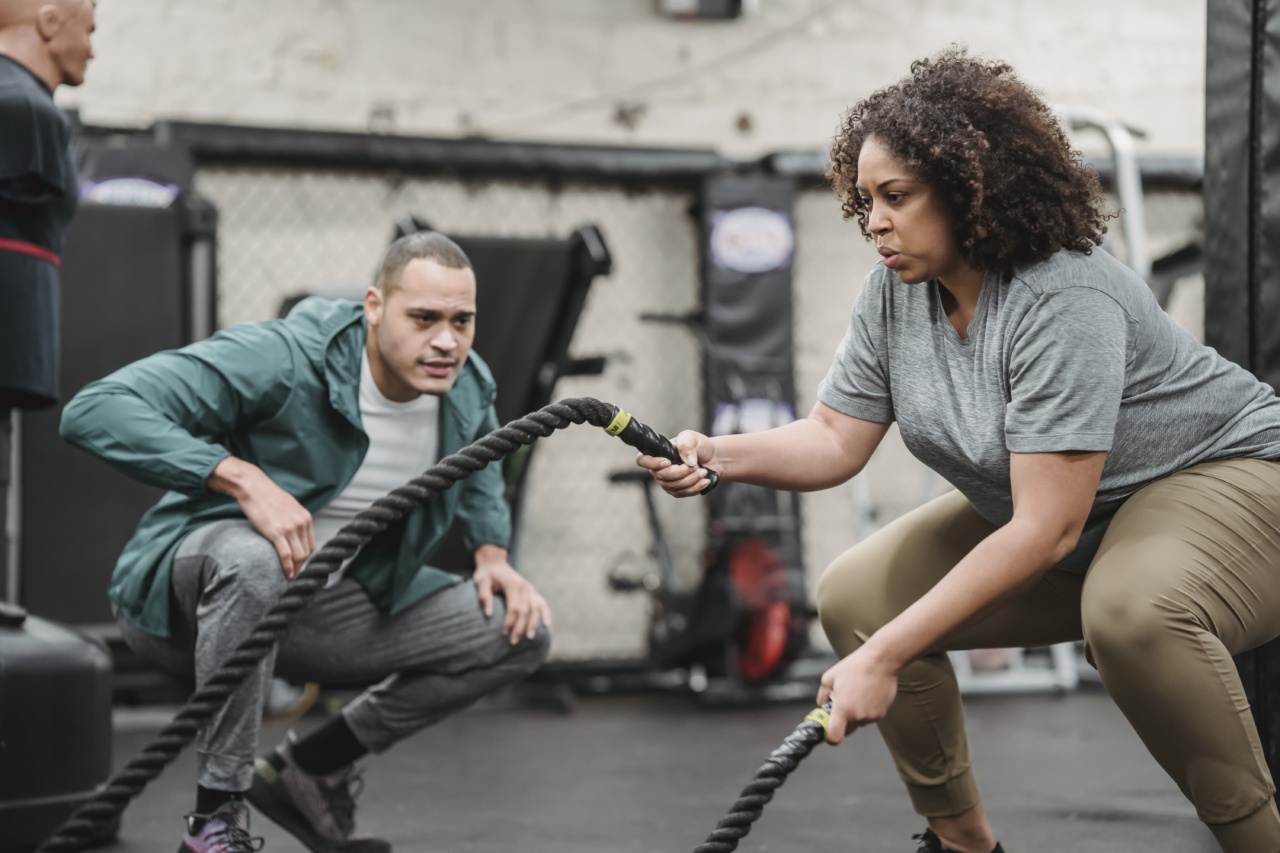Physical activity is vital for maintaining good health, but it also has a significant impact on cognitive function.
A growing body of research suggests that regular exercise can improve cognitive abilities such as memory, attention, and problem-solving skills. In this article, we will delve into how physical activity affects the brain and discuss the scientific evidence behind the cognitive benefits of exercise.
The Science of Exercise and Brain Function
Exercise has been shown to have numerous positive effects on the brain, from reducing inflammation and increasing blood flow to promoting the growth of new neurons.
One of the most well-studied mechanisms by which exercise improves cognitive function is through increased production of a protein called brain-derived neurotrophic factor (BDNF).
BDNF plays a crucial role in the growth of new brain cells and the formation and maintenance of synapses, the connections between neurons.
Research has shown that exercise increases the production of BDNF, which in turn enhances brain plasticity, or the brain’s ability to change and adapt in response to new experiences and learning.
Memory and Exercise
One of the most significant cognitive benefits of exercise is improved memory function.
Studies have shown that regular aerobic exercise, such as walking or cycling, can increase the size of the hippocampus, a brain region crucial for memory encoding and retrieval. Exercise has also been shown to improve working memory, which is the ability to hold and manipulate information in the mind over short periods.
In addition to these structural changes in the brain, exercise also enhances the function of the hippocampus through increased blood flow and oxygenation.
Exercise has been shown to stimulate the growth of new blood vessels in the brain, which can significantly improve cognitive performance.
Attention and Exercise
Another area where exercise has shown significant benefits is in attention and executive function. Executive function refers to a set of cognitive processes that help us plan, organize, problem-solve, and make decisions.
These processes are crucial for success in many areas of life, from work to school to personal relationships.
Studies have shown that exercise can enhance executive function and attention, both in children and adults. For example, one study found that a single session of moderate-intensity exercise improved attention and working memory in adults.
Effect of Exercise on Aging Brain
As we age, our cognitive function naturally declines, but exercise may help to slow or even reverse this process.
Numerous studies have shown that physical activity can improve cognitive function in older adults, particularly in the areas of memory and executive function.
One study found that just six months of moderate exercise training resulted in significant improvements in cognitive function and brain plasticity in older adults.
Another study found that regular physical activity was associated with a lower risk of cognitive decline and dementia in older adults.
Conclusion
The scientific evidence is clear: physical activity is essential for maintaining good health and has numerous positive effects on cognitive function.
From improved memory and attention to enhanced brain plasticity and protection against cognitive decline, exercise is one of the most effective ways to boost brain function.
To experience these cognitive benefits, it’s recommended to engage in regular physical activity, such as brisk walking, cycling, or swimming, for at least 150 minutes per week.
By making exercise a regular part of your routine, you can keep your brain sharp and improve your overall well-being.






























